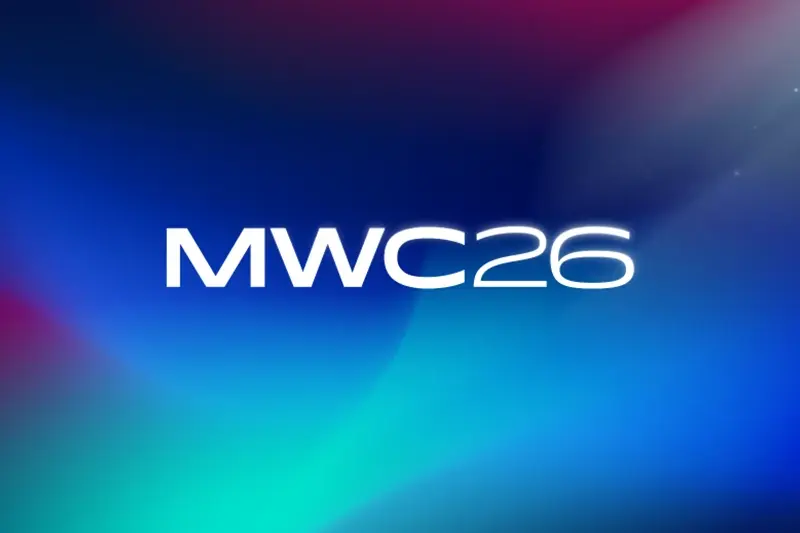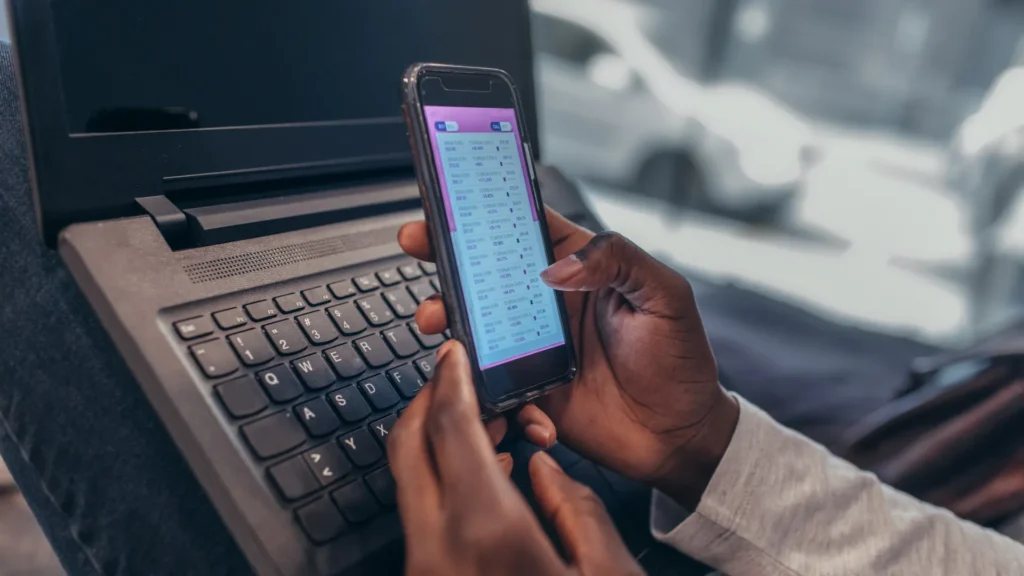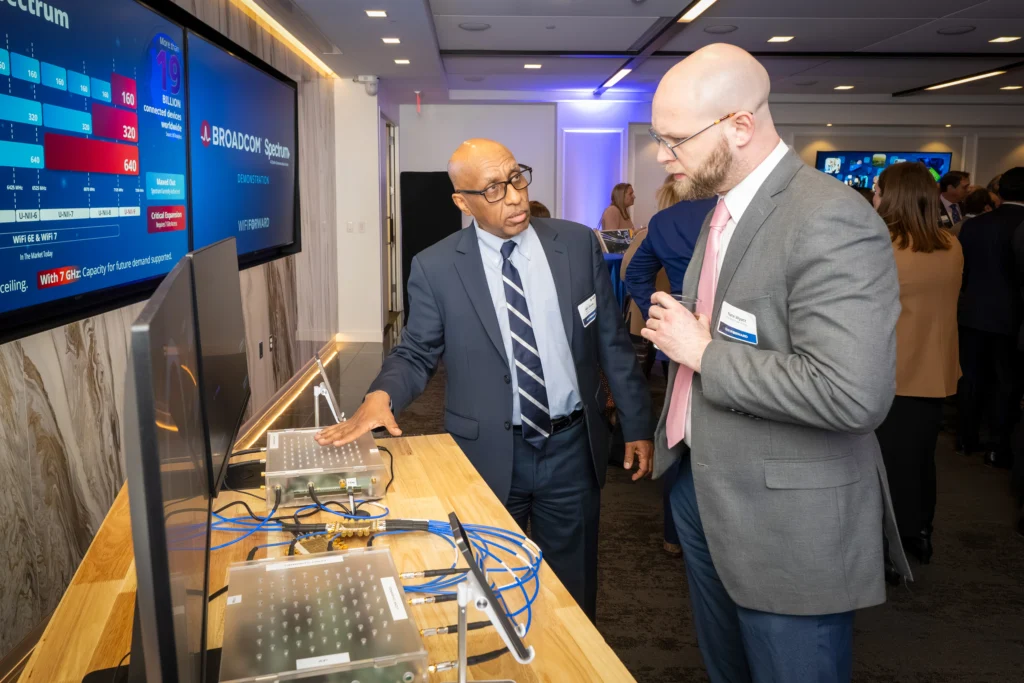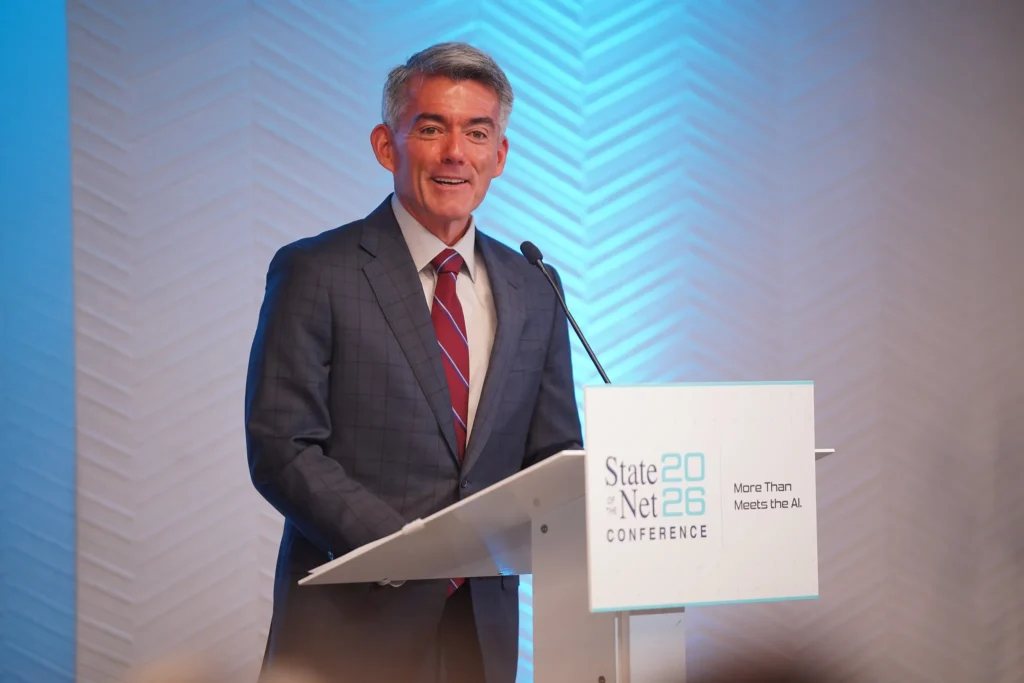Cox’s Public-Private Partnerships Help to Close the Digital Divide in Underserved Virginia
As millions of Americans have experienced during the COVID pandemic, broadband has become an indispensable service for participating in everyday activities. The recently enacted infrastructure bill validated this assertion with the inclusion of $65 billion to expand broadband access. But cable internet service providers have for decades invested their own capital into building out networks to connect more homes with broadband service. Yet there are still communities where a broadband network hasn’t reached—mostly in remote and rural regions—and a collective effort is needed to ensure every household has access to high-speed connectivity.
In fact, in the Commonwealth of Virginia, Comcast has shown how forging strong public-private partnerships is a key component of closing the digital divide. Charter’s investments and partnerships in Virginia have also led to buildouts across rural farmland and small towns along the Eastern Shore. Likewise, Cox has expanded broadband internet access in rural Virginia through collaboration with local governments, proving that both public and private efforts play a role in promoting broadband access and adoption. For example, during the FY2021 Virginia Telecommunications Initiative (VATI) program cycle, Cox partnered with several localities, submitting applications totaling more than $9.3 million for new infrastructure expansion projects. And while not all projects were funded, the applications submitted in partnership with Cox and other private providers in Virginia reemphasized the need for financial intervention.

Even when VATI grants were not secured, Cox remained committed to facilitating partnerships that could expand broadband access. Together with CARES Act funding, successful partnerships throughout the state supported broadband expansion and adoption even further, such as with buildouts in both New Kent County and James City County funded by Gov. Northam’s Fast Track Broadband Grant Program.
Another successful CARES Act-funded partnership was forged in Roanoke County, where the broadband project was valued at $3 million and connected more than 300 new homes. The outlying areas of Roanoke—while bustling with great opportunity—were lacking the requisite connectivity to compete in today’s digital world. “Now that so many activities are conducted online, the typical day-to-day becomes a challenge for those who don’t have that connectivity,” said Cox Public Affairs Senior Manager Sarah Buck. Buck also noted how the COVID pandemic pushed many jobs toward remote work, schools toward distance learning, and healthcare visits toward telemedicine.
For the 2022 cycle, Cox was awarded VATI grants in two of its major markets: Roanoke and Hampton Roads. A $1 million project in the City of Chesapeake, comprised of both state funds and private investment, will bring connectivity to 224 unserved residences and 51 businesses. In Roanoke, a $3.1 million VATI project will connect 369 new homes (including 20 home-based businesses.) These victories reflect Cox’s continued commitment to closing the digital divide.
Cox’s government relations and public affairs teams are continually listening to local governments, town councils, and school districts across the state to learn about community needs and to identify where gaps in broadband service exist, shared Buck. They also get direct feedback from residents requesting service to individual households.
For broadband expansion to be successful, explained Buck, collaboration is key. “Communicating on a regular basis is an important ingredient of success; we always tell our partners, ‘Let us know what your needs are, we may have something that will work,'” she said. Beyond deploying its network to unserved communities, Cox also strives to address other barriers to broadband adoption, including affordability.
Public schools felt immediate impacts from the pandemic as in-person learning shifted full-time to virtual platforms. Over the past two years, educators and school leaders have constantly adjusted lessons, rules, and routines to best keep students safe. However, implementing these changes, including virtual and hybrid learning, was a challenge. Through its Connect2Compete program, Cox partnered with Virginia public school systems to identify low-income families lacking a high-speed internet connection in their homes and provided the service for $9.95 a month. This allowed students to continue their schooling.
One partner, Roanoke City Public Schools, is taking this program one step further by covering the cost of the discounted service for more than 700 families. “The partnership with Cox empowered families to ensure they were able to access the resources needed during the pandemic for their children to be able to participate in virtual learning,” said Kelly Sandridge, who is the executive director of communications and marketing for the school district.
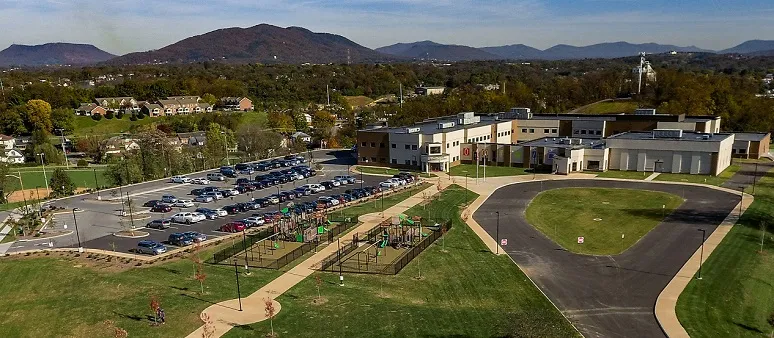
As Sandridge pointed out, virtual learning is still imperative during times when students quarantine due to COVID exposures. “The pandemic has taught us many things. The digital divide is just one example of access that is necessary to ensure all students have the opportunity to fully participate in their education,” she remarked.
It’s a time of growth and tremendous opportunity for Roanoke and other counties throughout Virginia as Cox continues its broadband buildouts. “The Cox family has earmarked more than $2 billion for enhancements to Virginia’s fiber infrastructure. In addition to Cox’s private investment, we will continue to support our partners in leveraging all types of available funding to support broadband connectivity for the unserved,” said Buck.
Check back here soon for Charter’s story on broadband expansion in Virginia.
Read about how Comcast is making an impact in the state in part one of NCTA’s special series, “How Cable ISPs Are Expanding Broadband Access in Rural Virginia.”



